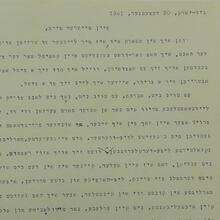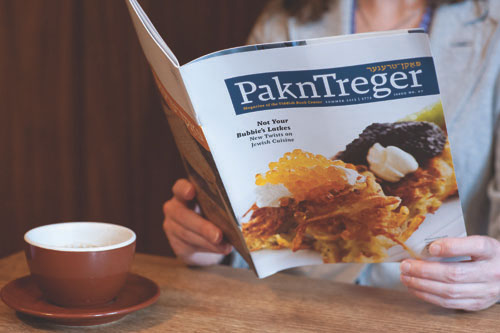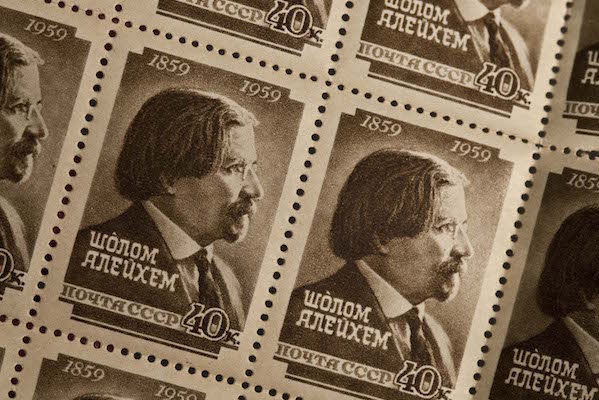
2019 Pakn Treger Digital Translation Issue
Avrom Ovinu Receives a Letter and Other Yiddish Correspondence
Published: Spring 2019
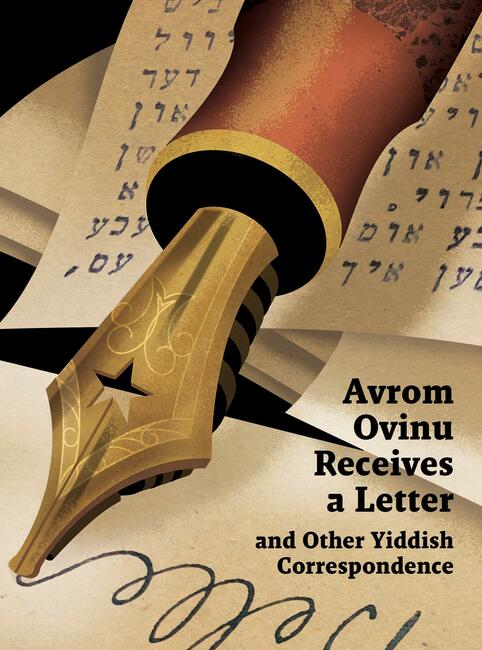
The 2019 Pakn Treger Digital Translation Issue is available on our site here (all pieces are linked below) or you can download it as an e-book to your Kindle, Nook, Kobo, or iPad:
- To download to your Kindle
- To download to your NOOK
- To download to your Kobo
- To download to your iPad through iTunes
Introduction
“They can teach you Yiddish in college?” I remember the quizzical look on my grandfather’s face, always with a hint of a smile hiding somewhere in the background. Years later when I was in graduate school the question became, “So what does it really mean to be a doctor of Yiddish?” Even though—or perhaps especially because—he was a native speaker of Yiddish, it never quite clicked for my grandfather that Yiddish could be studied in college and graduate school. He learned it when he was a very young child, when his grandmother came to live with his family, as she didn’t speak either the Russian or English the family otherwise used. There’s a great symmetry that decades after learning Yiddish from his grandmother, Grandpa returned to it to communicate with me, his granddaughter. In fact, he never felt very confident speaking Yiddish to me and would smile or laugh when I tried out my Yiddish on him, but he liked writing me letters in Yiddish. I have almost ten years of postcards, letters, and notes attached to newspaper clippings saved in a drawer, mostly written in Yiddish but sometimes switching to English halfway through when my grandfather got tired (he admitted that he had to use a dictionary to compose these letters). I remember marveling that his handwriting was as much chicken scratch in Yiddish as it was in English—but because he wrote so often, I got used to it.
This collection of newly translated Yiddish letters, as well as stories and poems featuring letters, shows us many examples of letters as essential aspects of day-to-day communication as well as symbols of the great distances across which relationships can stretch. Translator Rose Waldman has combed through a huge archive of letters that novelist and poet Chaim Grade wrote to his friend Abraham Bornstein for insight into Grade’s personal relationships. In the hands of Sholem Aleichem, letters help explore the growing gap between Jewish life in the Old World and the New. For Avrom Sutzkever, a memory of his old mailman symbolizes the impossible gulf between his life before and after the Holocaust.
Several themes arise from the materials presented in this volume. For some of the writers included here, letters are political tools. An early debate about Labor Zionism unfolds in the form of open letters in the press. Condemned Jewish soldiers who fought in the Spanish Civil War tell their stories through heartbreaking final letters to wives and children. In 1945 the great poet Peretz Markish, living in the Soviet Union, penetrates the Iron Curtain and the trauma of the Holocaust to reestablish communication with the novelist Joseph Opatoshu, living in New York, to celebrate the end of the war.
Another group of material illuminates the experiences of women writers in the male-dominated world of publishing. Yente Serdatsky shows her tenacity in overcoming a black mark from the all-powerful editor of the Forverts, Abe Cahan. An excerpt from Miriam Karpilove’s novel A Provincial Newspaper shows us a young woman editor’s first steps to build her career in spite of the limited expectations her male colleagues have for her. In letters to her brother Zalman, we witness Sarah Reisen’s efforts to act as agent for her brother Abraham’s literary career. And in letters between the writers Blume Lempel and Chava Rosenfarb we witness the unfolding of a literary relationship.
Finally, as with my trove of letters from my grandfather, we see letters and writing kept, preserved, and now shared with the world by family members in Ruth Solomon’s translation of a poem by her father, written as a letter to his mother. With this poem, letters return to the realm of the personal, a record of Yiddish writing across time reminding us of the physical and cultural distances they originally helped to bridge.
—Madeleine Cohen, Director of Translation and Collections Initiatives
———
Madeleine Cohen Translation Editor
Lisa Newman Executive Editor
Sarah Quiat Translation Managing Editor
Greg Lauzon Copyeditor
Alexander Isley Inc. Art Direction and Design
Douglas Jones Cover illustration
Support for Pakn Treger comes from
The David Berg Foundation
The Joseph and Marion Brechner Fund for Jewish Cultural Reporting
The Charles Corfield Fund for Pakn Treger
The Kaplen Fund for Pakn Treger
The Mark Pinson Fund for Pakn Treger
Copyright in each translation is held by the translator.
"My Dear Abe" Copyright © 2001 by Chaim Grade. Translated and published by permission of the YIVO Institute for Jewish Research and the Robin Straus Agency, Inc. New York, NY.
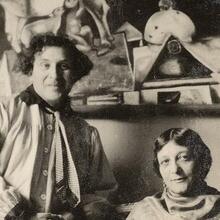
A Postcard from Marc Chagall to Sholem Asch
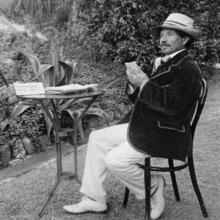
An Exchange of Letters Between America and the Old Country
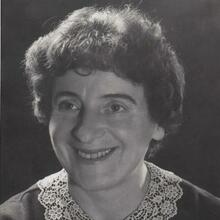
"I Feel a Connection to You"
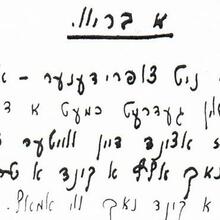
"A Letter to My Mother"
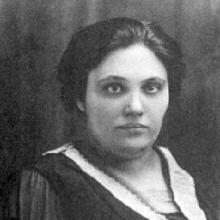
"Letters to the Editor"
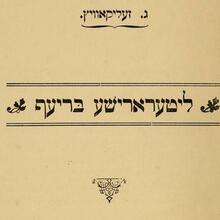
The Small Opinions of Great Men
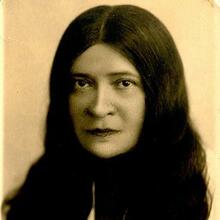
Excerpt from A Provincial Newspaper
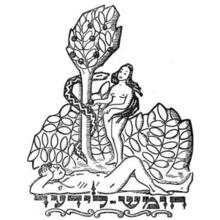
"Abraham Our Father Receives a Letter" and "Avishag Writes a Letter Home"
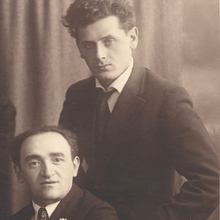
"Dear Opatoshu!"
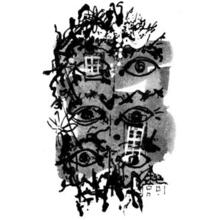
“Letters,” “To Miriam Ulinover,” and “Letters”

Call It Destiny
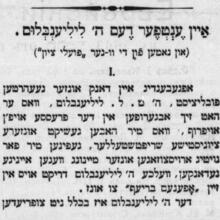
“An Open Letter” and “An Answer to Mr. Lilienblum”
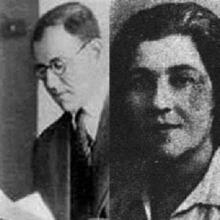
“My Dear Beloved Brother”
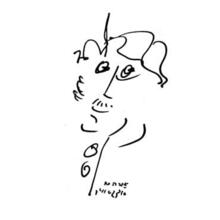
My Mailman
